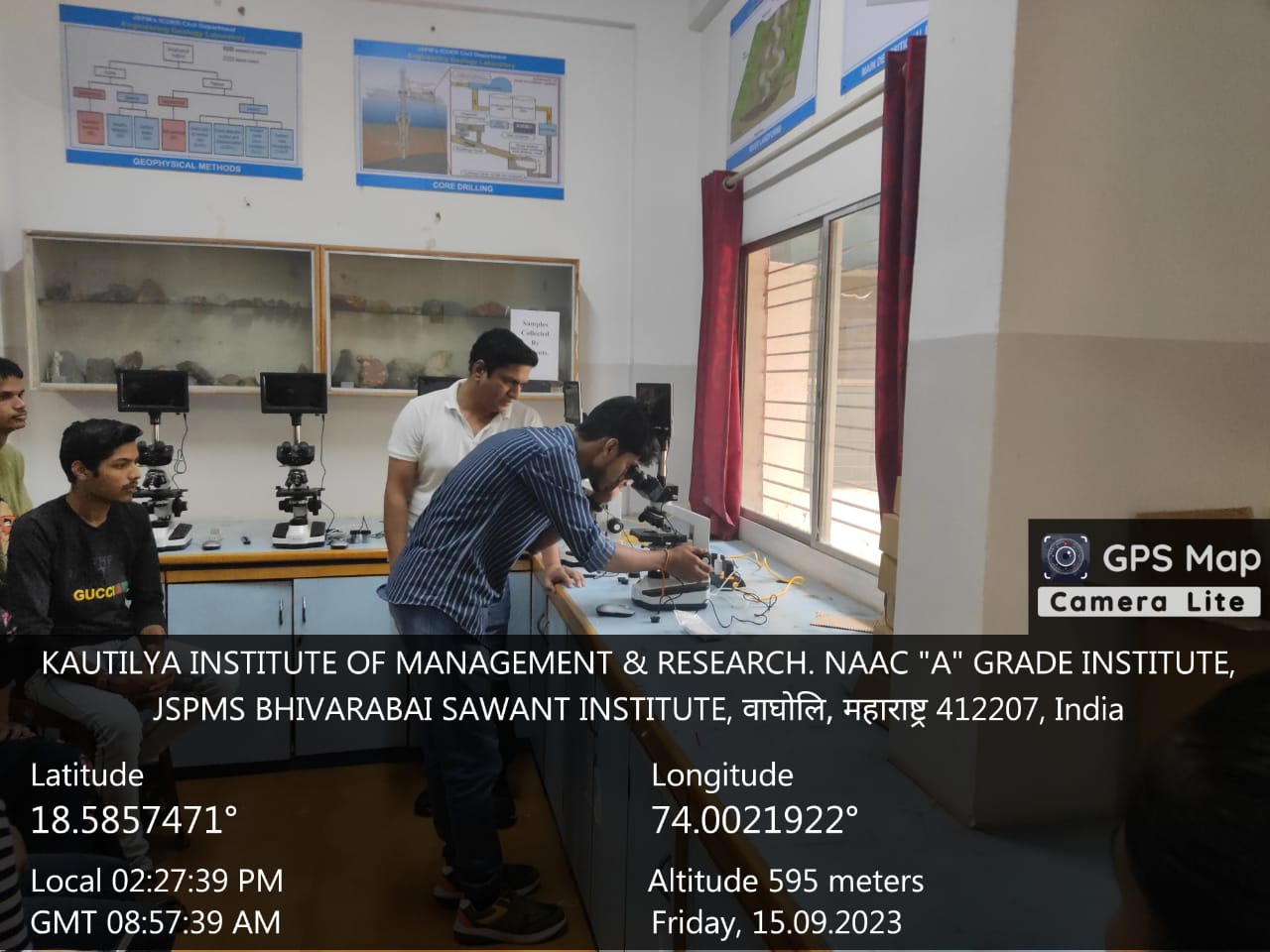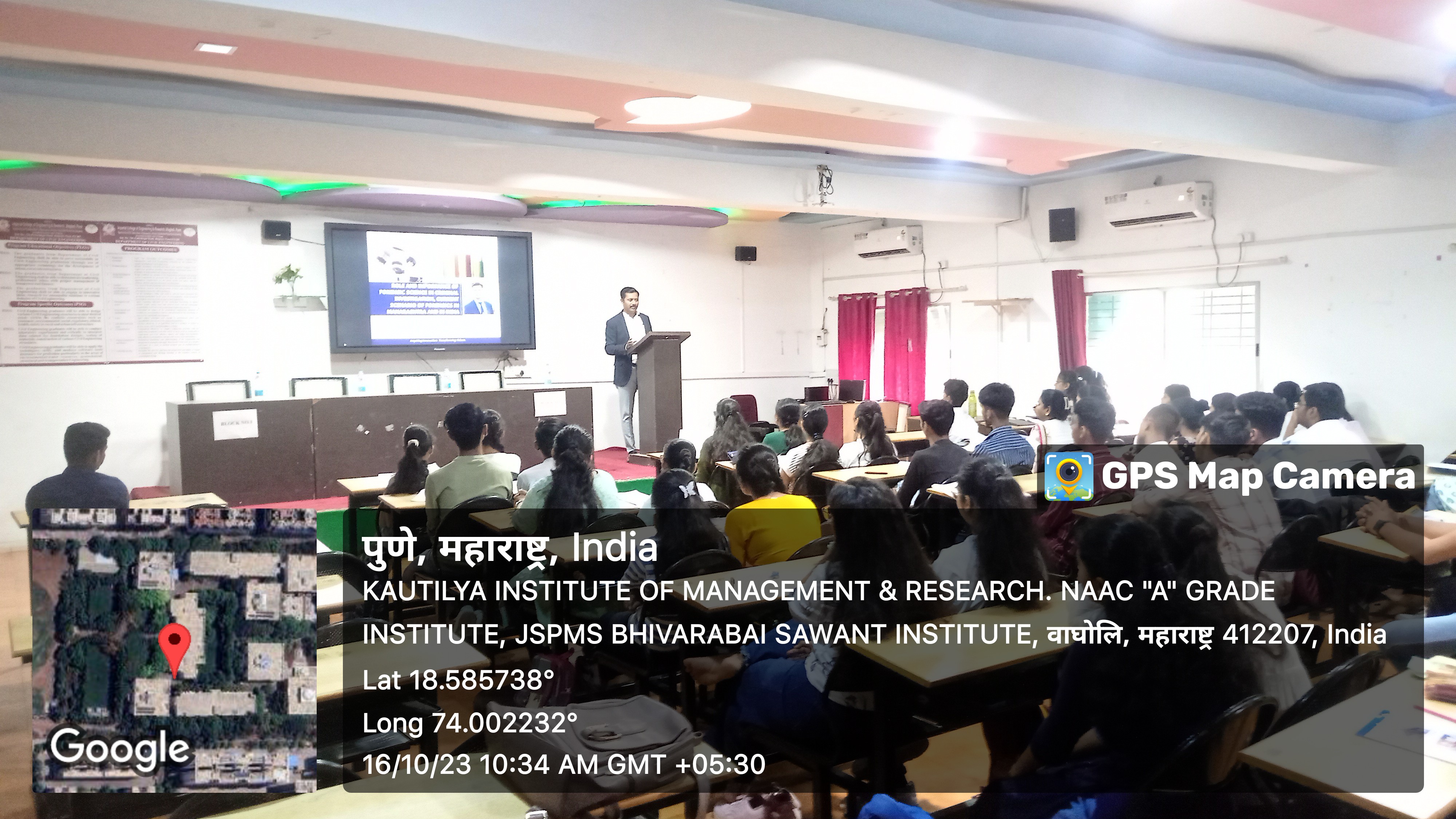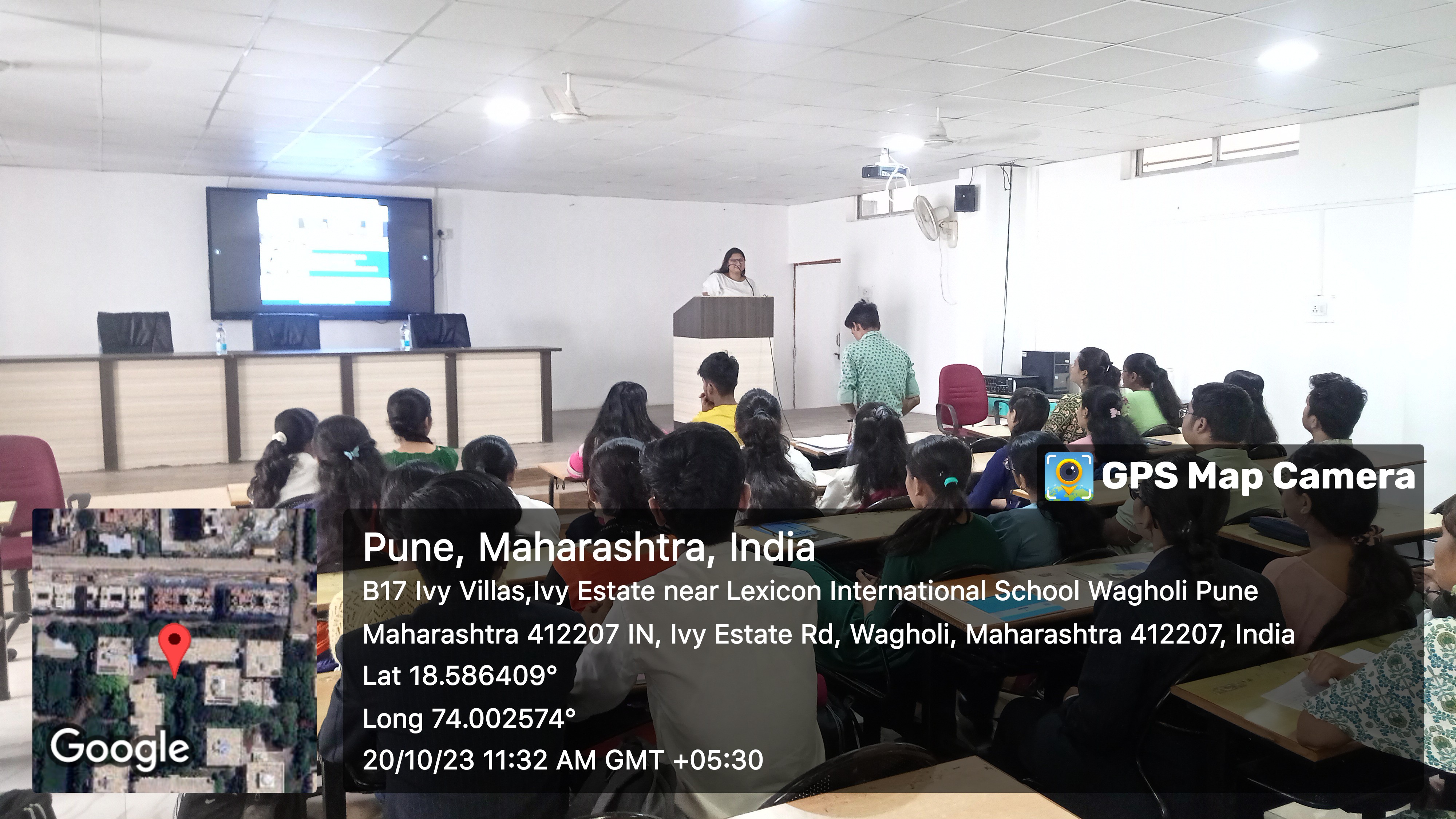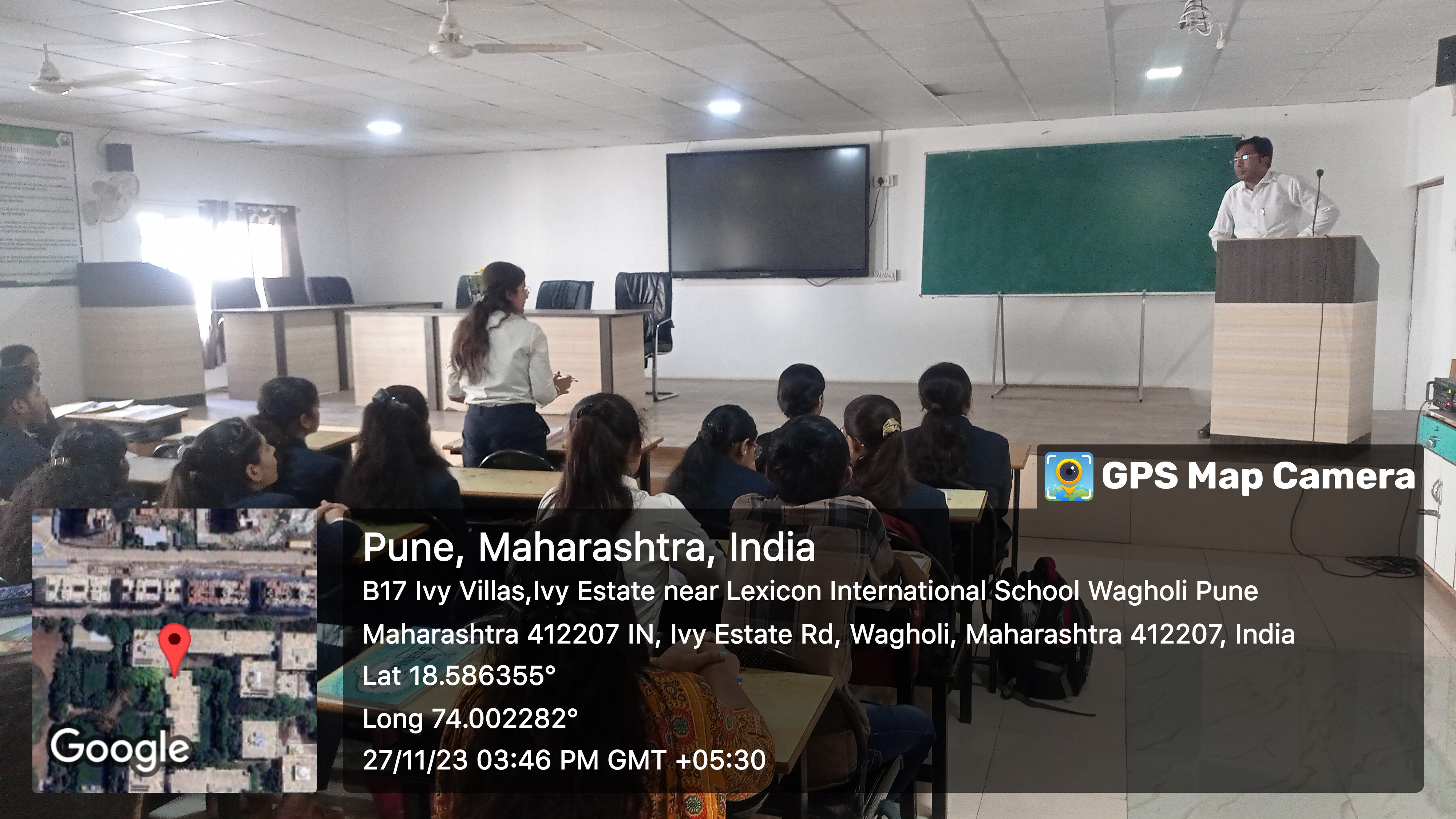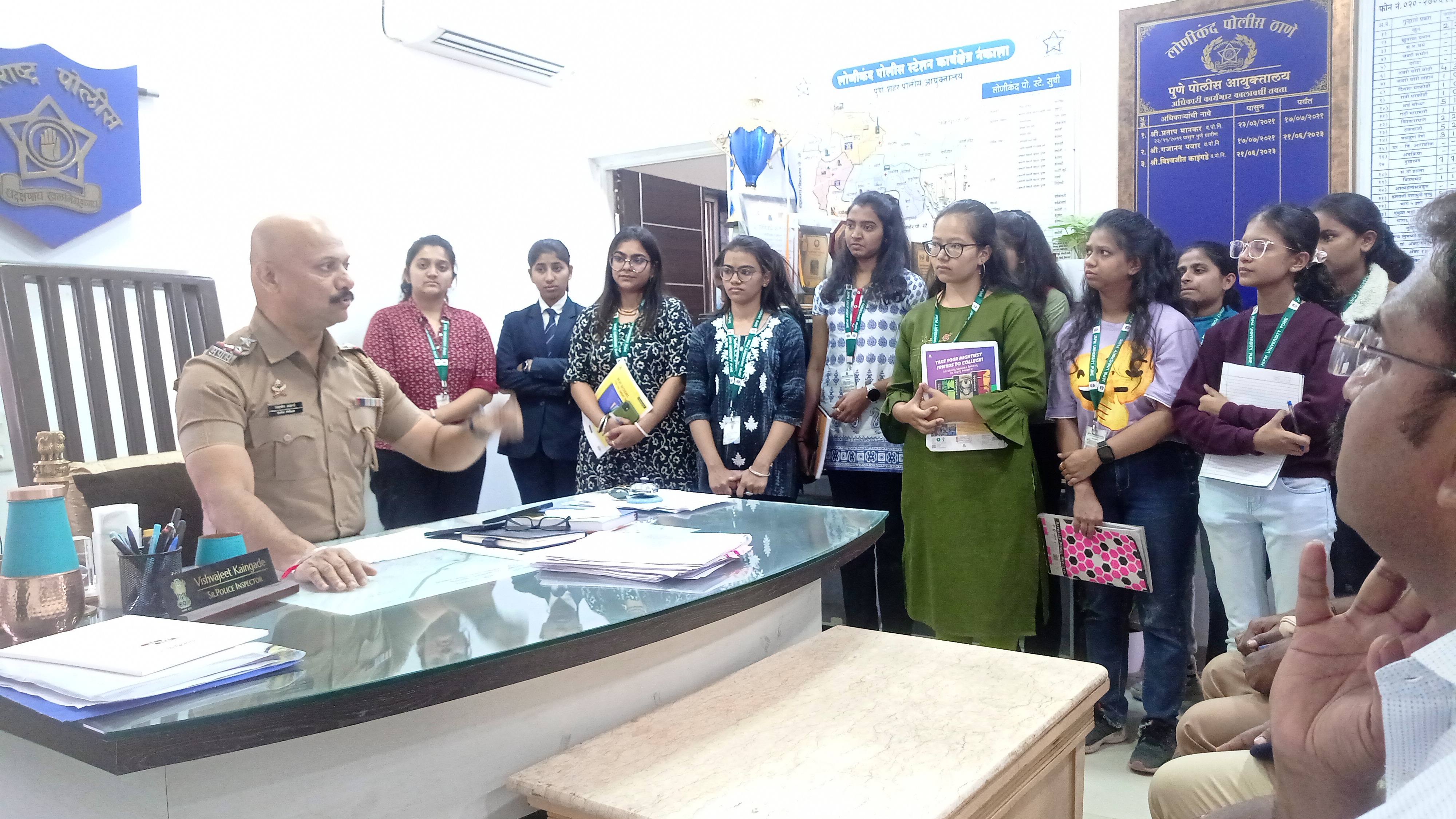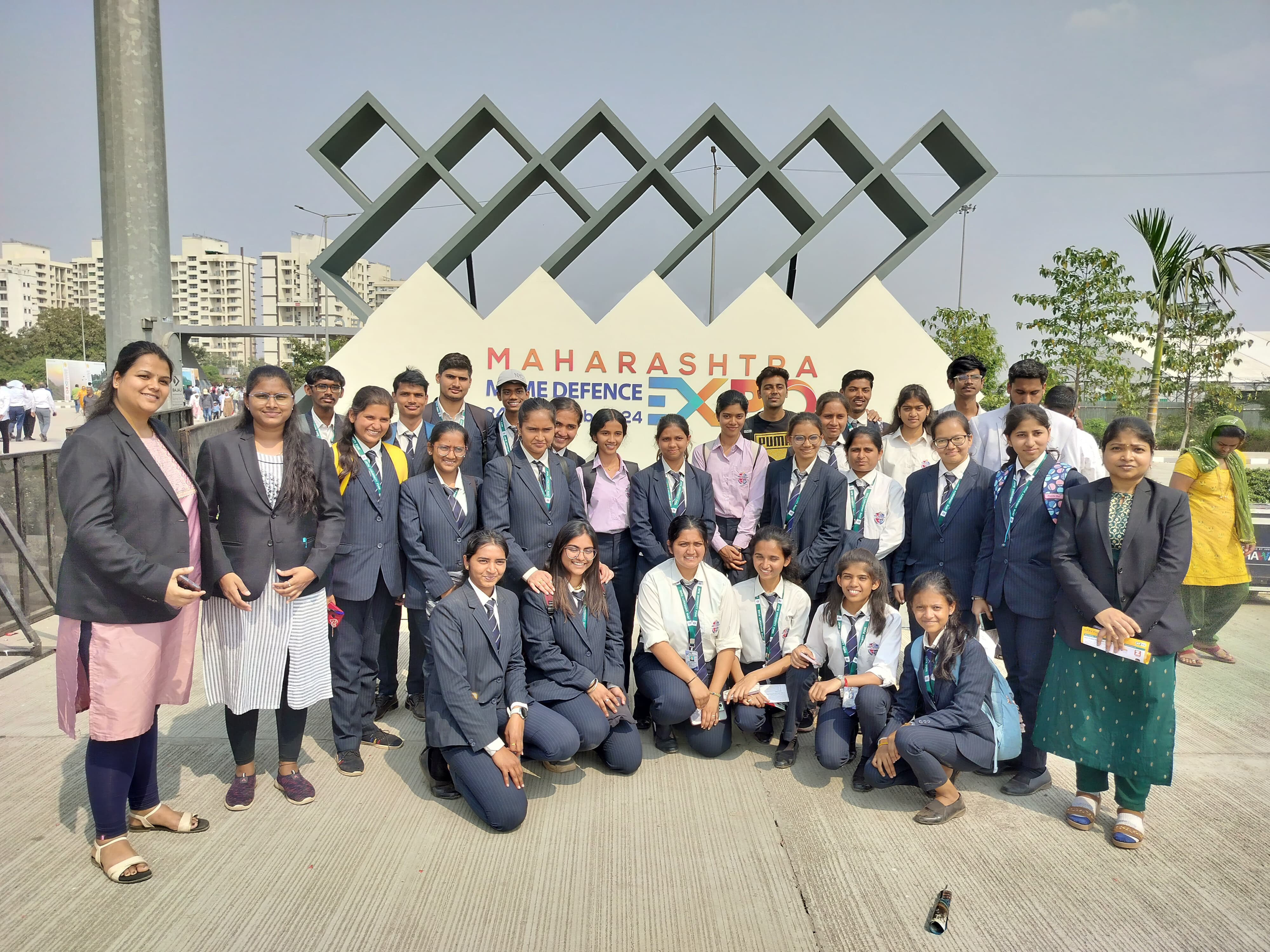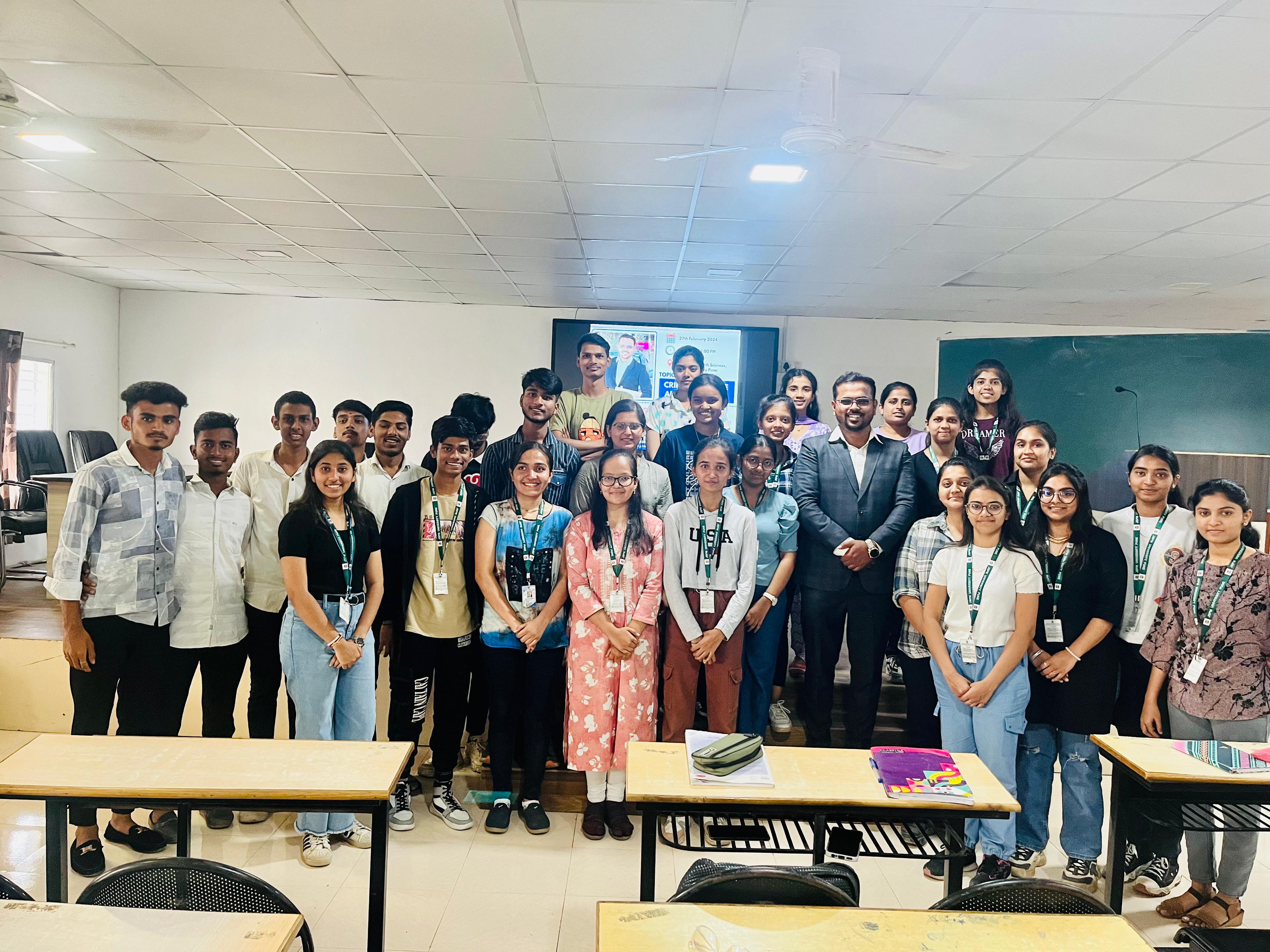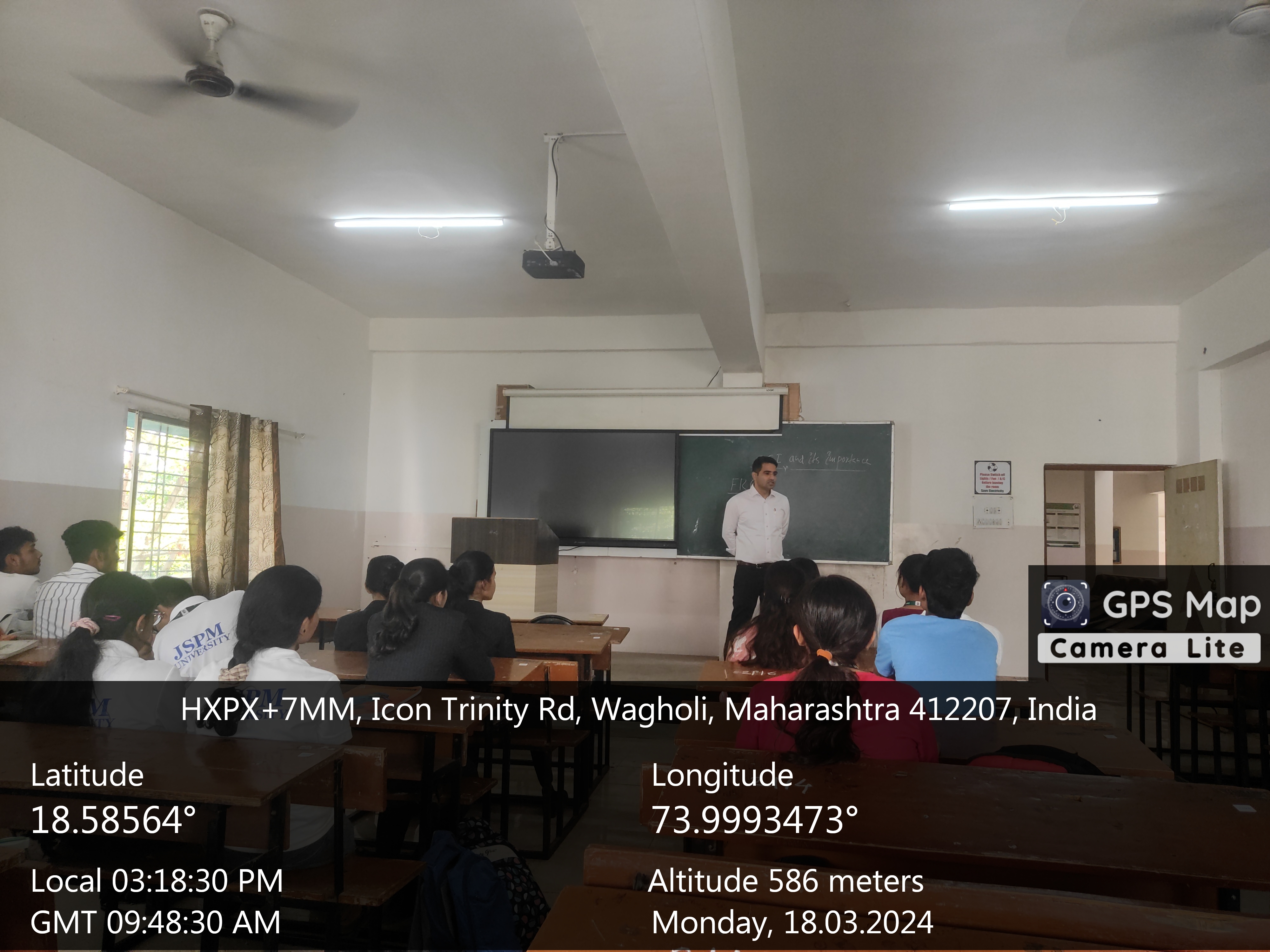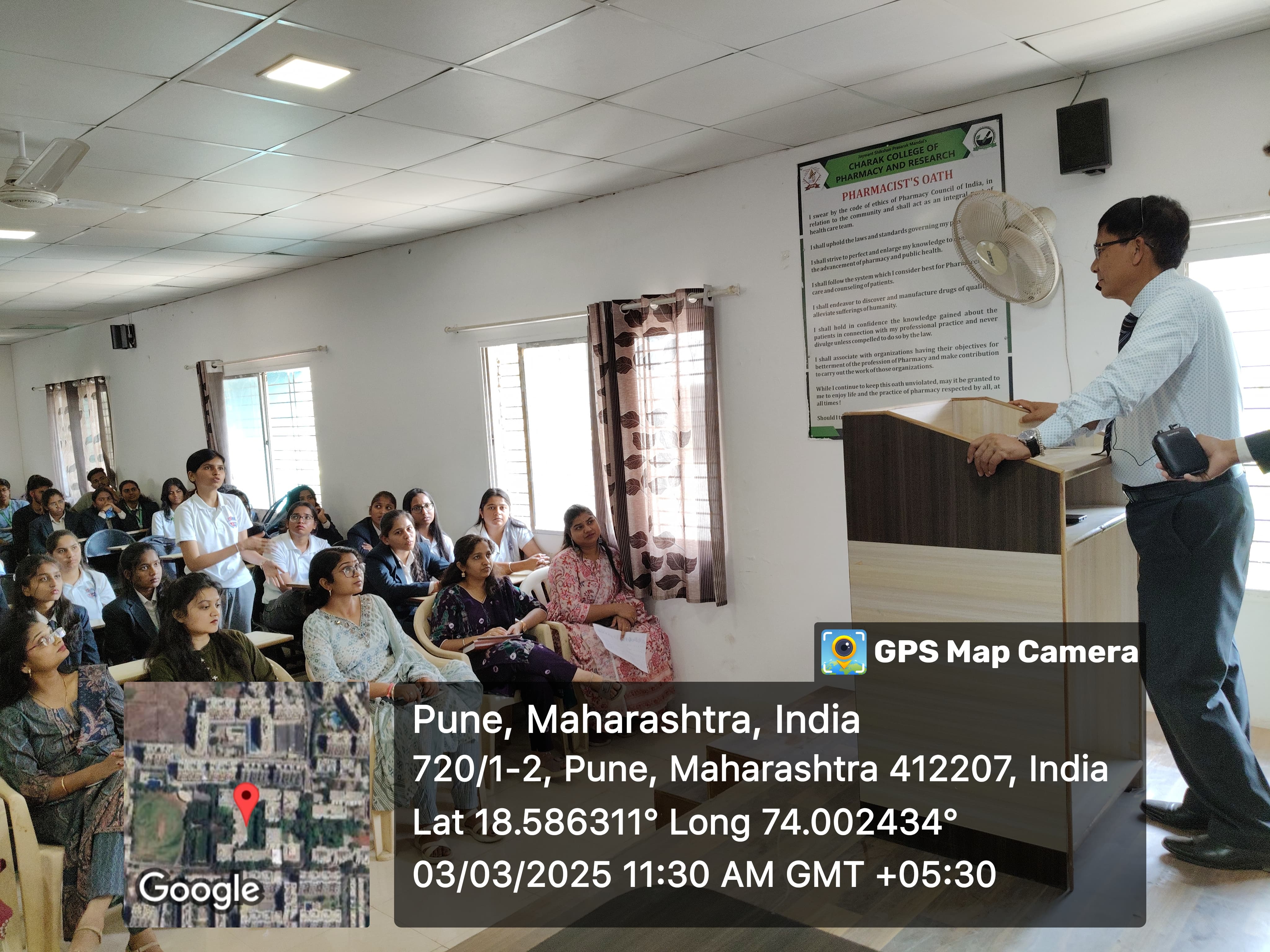Date: 3rd March 2025
Importance of Forensic Science: Case Study of Heinous Crime
The session on "Importance of Forensic Science: Case Study of Heinous Crime" conducted on March 3, 2025, by Dr. Akoijam Jhalajit Singh was an enlightening experience for the B.Sc. and M.Sc. Forensic Science students. Dr. Singh, with his vast experience in both academia and law enforcement, provided a comprehensive understanding of how forensic science plays a critical role in solving complex criminal cases. He began by explaining the evolution of forensic science and its significance in modern-day investigations, highlighting the growing reliance on forensic evidence in securing convictions. He discussed various forensic disciplines such as DNA analysis, fingerprint identification, ballistics, toxicology, and digital forensics, explaining how they contribute to solving crimes with scientific precision.
The highlight of the session was a detailed case study of a heinous crime that Dr. Singh had personally investigated during his tenure as an IPS officer. He meticulously walked the students through the crime scene management process, emphasizing the importance of preserving evidence to prevent contamination. He explained the forensic techniques used to analyze physical evidence, such as blood samples, weapons, and digital footprints, and how these played a crucial role in reconstructing the crime and identifying the perpetrator. He also addressed real-world challenges faced by forensic experts, including evidence tampering, witness reliability, and legal constraints, which can sometimes hinder investigations.
Dr. Singh further elaborated on specific forensic methods that proved instrumental in solving the case. DNA profiling helped in establishing a suspect’s presence at the crime scene, ballistic analysis provided insights into the weapon used, toxicology reports revealed possible drug involvement, and cyber forensics traced digital communications linked to the crime. His insights emphasized how forensic science integrates multiple disciplines to build a strong case against criminals. Towards the end, he provided career guidance, advising students on the importance of scientific accuracy, critical thinking, and staying updated with technological advancements in forensic methodologies.
The session concluded with a highly interactive Q&A segment, where students engaged with Dr. Singh, seeking practical knowledge about forensic applications and investigative challenges. His real-life experiences and remarkable career journey, including prestigious awards such as the Police Medal for Gallantry, inspired students to pursue forensic science with dedication, integrity, and a commitment to justice. The lecture reinforced the pivotal role of forensic science in crime investigation and legal proceedings, making it an invaluable learning experience for all attendees.
 +91 20 6733 5100
+91 20 6733 5100